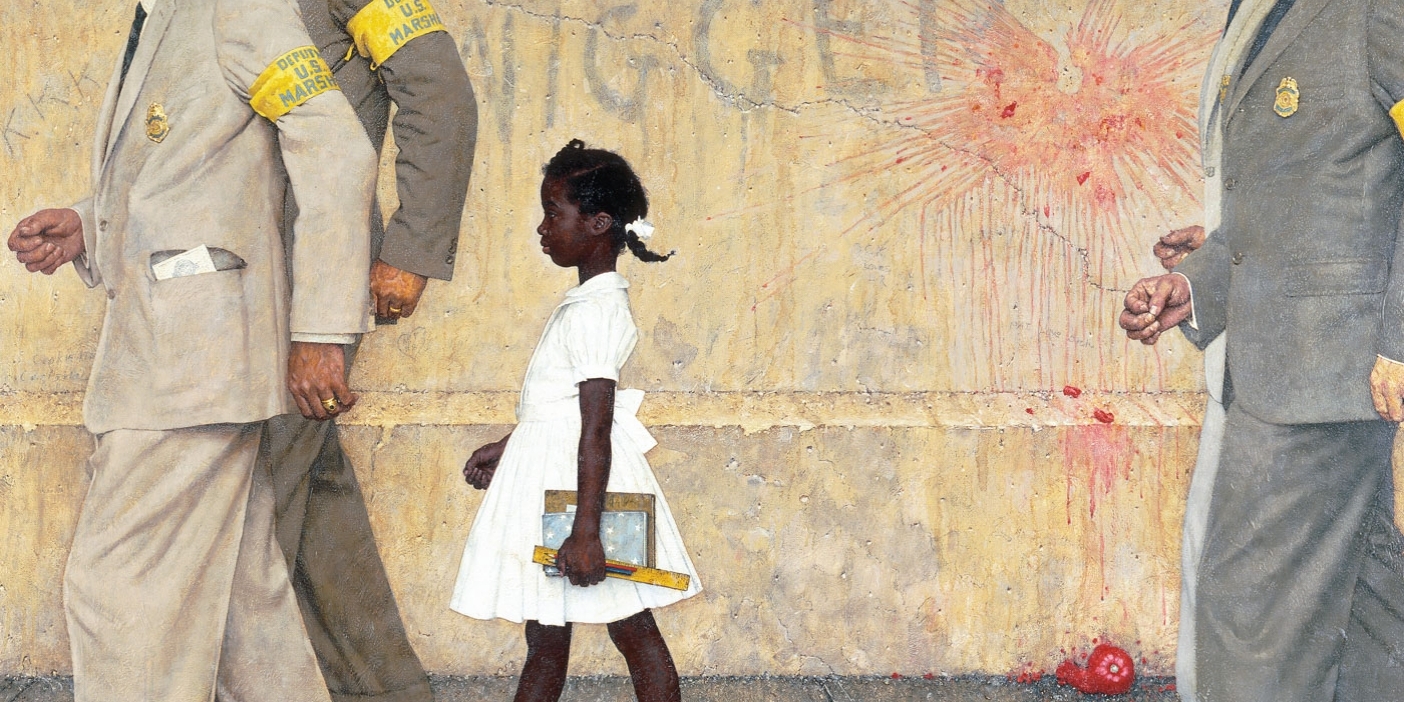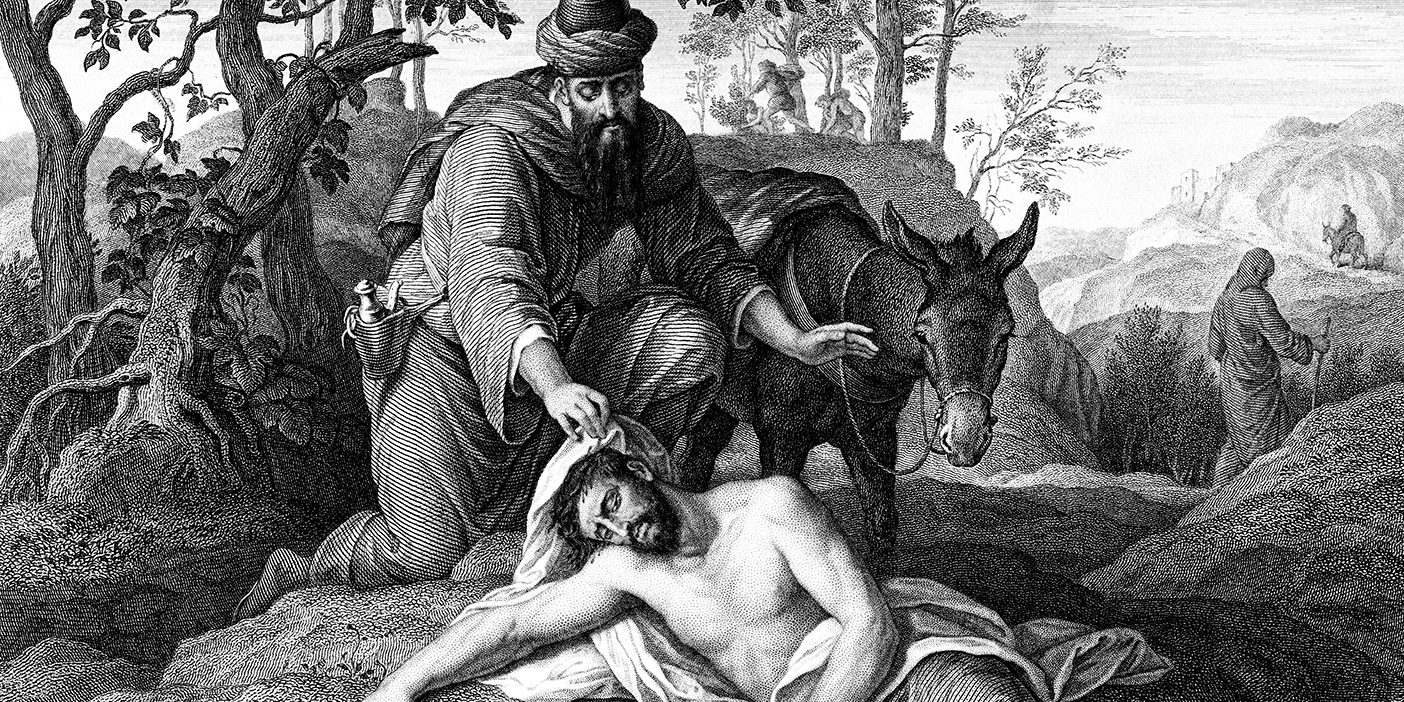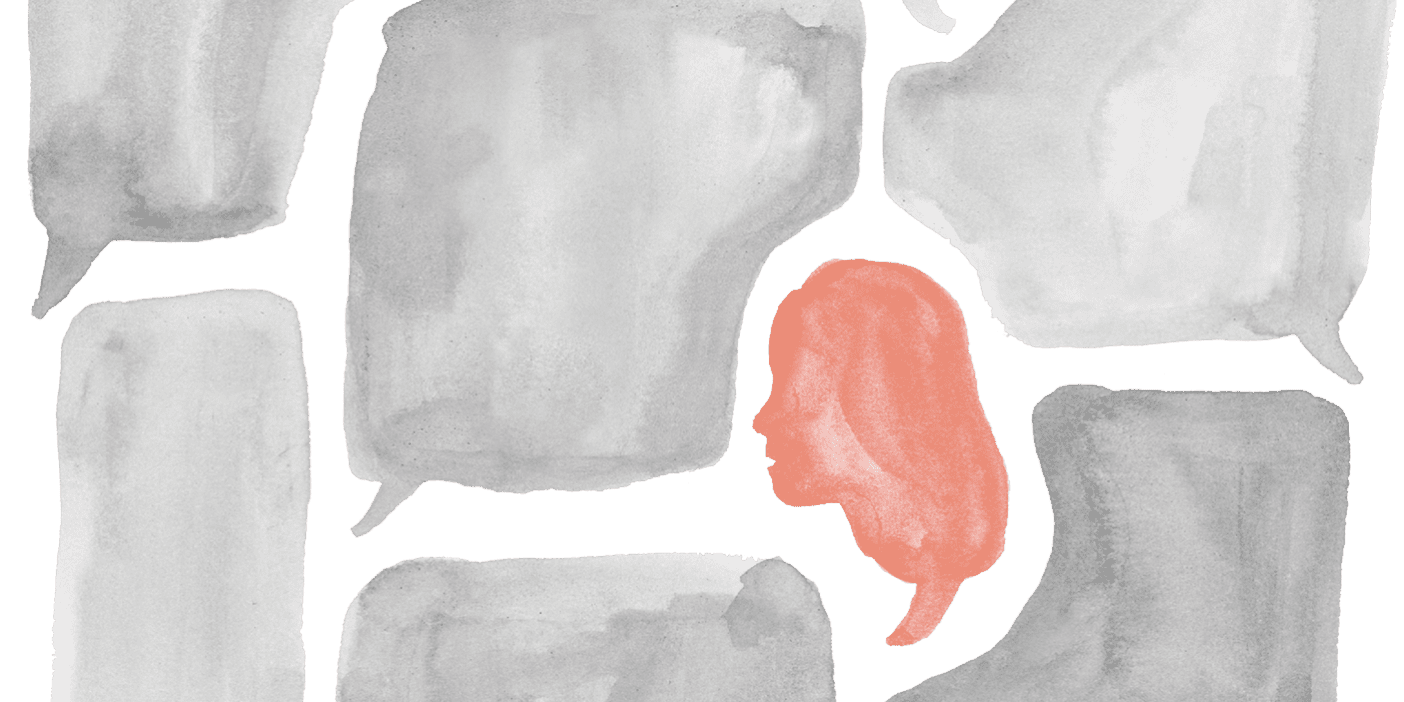God’s family is a diverse and beautiful community of siblings.
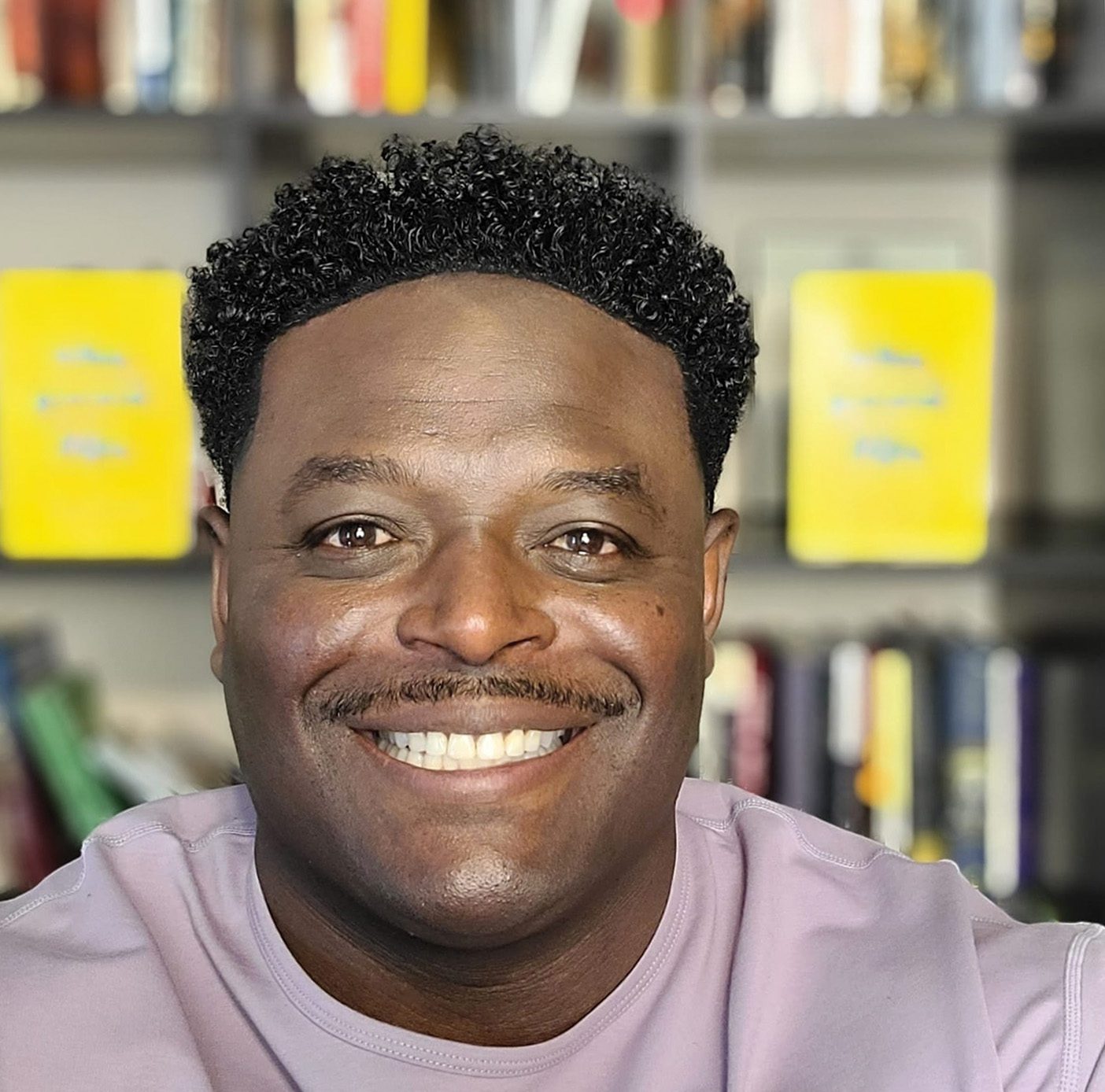
Rodney King, a victim of police brutality, said, “Can’t we all just get along?” Based on an observation of humanity, the answer is, “No, we can’t because animosity is so strong.”
We can see the animosity between the police and minority communities. We can see it between Republicans and Democrats. We can see it between different ethnic groups in America.
Animosity touches every inch of this planet. It’s like an airborne disease that we can catch. It is critical that we are immunized by the gospel of peace.
Here is how you can become a cross-cultural peacemaker. First, understand that the gospel is about God getting his family back, as He promised to Abraham. Paul writes: “Now the Scripture saw in advance that God would justify the Gentiles by faith and proclaimed the gospel ahead of time to Abraham, saying, All the nations will be blessed through you” (Gal. 3:8, Christian Standard Bible). Through the life, death, and Resurrection of Jesus, not only are we forgiven, made righteous, regenerated, and indwelt with the Spirit, but we are also adopted into God’s transcultural united family. As God’s family we are not color-blind; we are color-blessed. We are a diverse and beautiful community of siblings.
Second, the gospel creates a family of oneness where ethnocentrism, classism, and sexism are crucified by the cross. Paul writes: “For those of you who were baptized into Christ have been clothed with Christ. There is no Jew or Greek, slave or free, male and female; since you are all one in Christ Jesus. And if you belong to Christ, then you are Abraham’s seed, heirs according to the promise” (Gal. 3:27–29). If we belong to Christ, we are clothed in Christ, and we are the promise that God fulfilled in Christ Jesus. It’s hard to look down on someone who is clothed in Christ. Our ethnic, class, and gender differences are transformed so that they are no longer points of division but points to celebrate. In the gospel our differences become tools of grace to grow us.
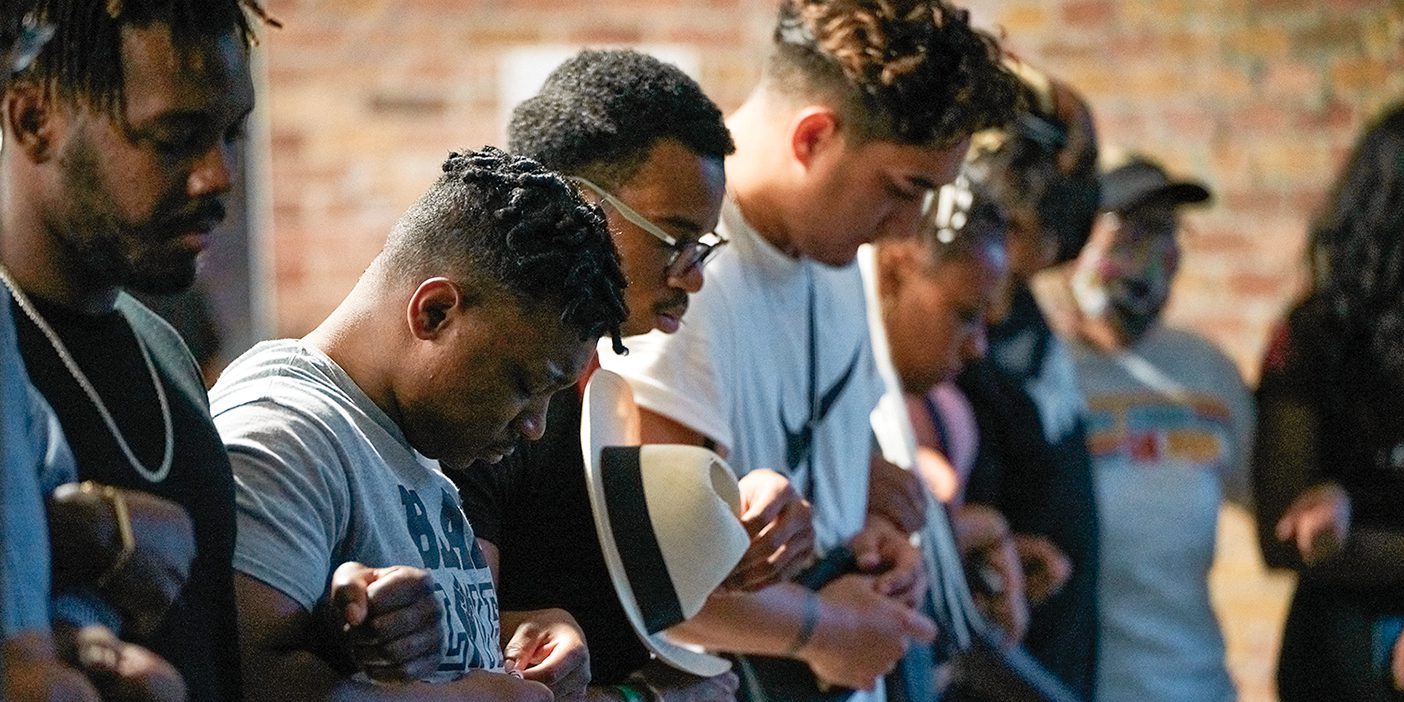
Third, the gospel creates peace and reconciliation between ethnic groups. Paul writes:
He is our peace, who made both groups one and tore down the dividing wall of hostility. In his flesh, he made of no effect the law consisting of commands and expressed in regulations, so that he might create in himself one new man from the two, resulting in peace. He did this so that he might reconcile both to God in one body through the cross by which he put the hostility to death. [Eph. 2:14–16]
As Jesus’s multicolored family, our peace with God and one another is secured by Him.
Fourth, as a result of God’s grace, we seek to build relationships with brothers and sisters of different ethnic groups. Because we love our siblings, we cultivate a posture of listening and learning, seeking to understand before being understood. This requires us to “put on compassion, kindness, humility, gentleness, and patience, bearing with one another and forgiving one another if anyone has a grievance against another” (Col. 3:12–13). Robert Jones writes:
White Americans’ notions of race and fairness are shaped by their everyday experiences (already vastly different from those of African Americans). . . . Despite the demise of Jim Crow laws and race-restrictive housing ordinances and the rise of integrated workplaces, white Americans’ most meaningful relationships are almost exclusively with other white people. This effectively closes the door to interactions with people who might challenge what feels like a natural and “common sense” perspective on the events they see on cable television.¹
It’s time to break bread together, to pull up a chair, and get to know people who aren’t like us. As we do so, barriers of separation will be broken down and the new people of God will be built up. It is our differences that make us more like Jesus.
NOTE
1. Robert P. Jones, The End of White Christian America (New York: Simon & Schuster,2016), p. 160.
Derwin Gray, a former BYU football player, is the founding pastor of the multiethnic Transformation Church in Indian Land, South Carolina; a public speaker; and author. This essay is excerpted from his new book, The Good Life: What Jesus Teaches About Finding True Happiness.










